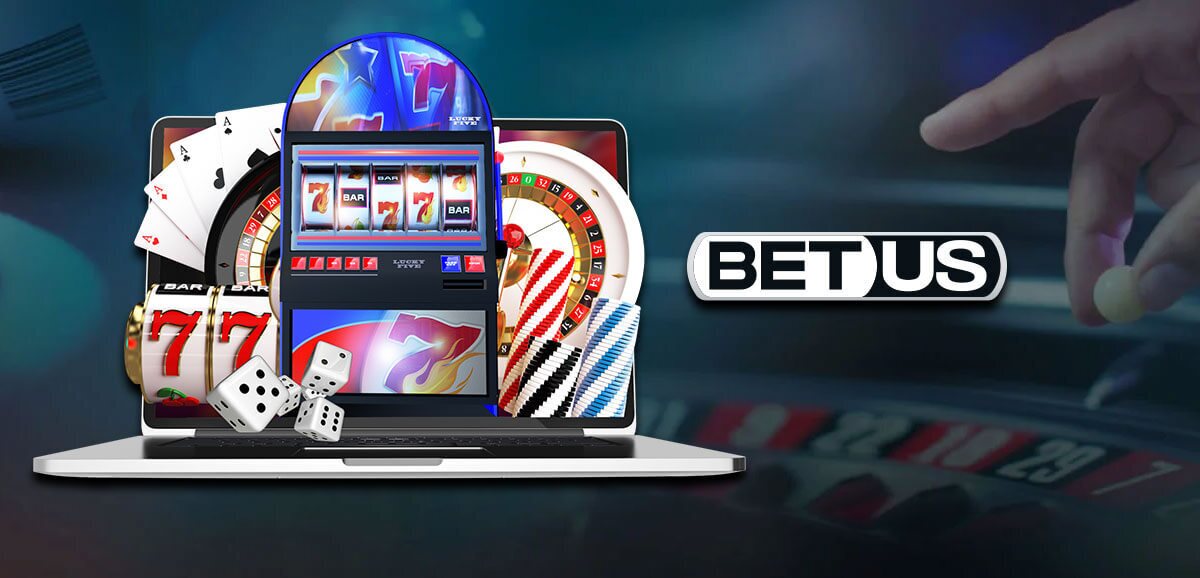Curaçao, a small island nation in the Caribbean, has long been a favored destination for both tourists and businesses, particularly in the gaming industry. With its stunning beaches, vibrant culture, and favorable regulatory environment, Curaçao has established itself as a hotspot for online casinos and gaming operators. In this article, we will delve into the legal landscape surrounding casinos in Curaçao, examining its laws, regulatory framework, and the implications for operators and players alike.
Historical Background
Curaçao’s journey into the gaming industry dates back to the 1990s when the Internet revolution began to take hold. Recognizing the potential of online gaming, the government enacted the "Wet op de kansspel," or Gambling Act, in 1993. This law provided the foundation for a regulated online gambling industry, allowing companies to apply for licensing and conduct business legally.
Since then, the jurisdiction has evolved, adapting its regulations to meet the dynamic needs of the gaming sector while maintaining compliance with international standards.
Regulatory Framework
Licensing Authority
The primary authority responsible for regulating gaming activities in Curaçao is the Curaçao Gaming Control Board (GCB). The GCB oversees the licensing process, ensuring that operators comply with legal requirements and uphold standards of security, integrity, and player protection.
In Curaçao, there are two types of licenses available for gaming operations:
-
Master License: This license is granted to companies that wish to operate multiple online gaming brands or platforms. The holder of a Master License can issue sub-licenses to other operators, allowing them to conduct gaming activities under the Master License umbrella.
- Sub-License: Obtained from a Master License holder, sub-licenses enable operators to offer gaming services without needing to apply for an independent license.
This licensing structure promotes a flexible yet regulated environment that allows for innovation and competition among operators while ensuring accountability.
Regulatory Provisions
Curaçao’s regulatory framework has several key provisions that operators must adhere to:
-
Anti-Money Laundering (AML) and Know Your Customer (KYC) Guidelines: Operators are mandated to implement robust AML protocols and KYC measures to prevent fraudulent activities, money laundering, and other criminal enterprises.
-
Fair Gaming Practices: The regulations emphasize that all games offered must be fair, random, and transparent. Operators must regularly undergo audits to verify their compliance.
-
Player Protection: Licensing agreements require operators to provide clear terms and conditions and promote responsible gambling practices, safeguarding the interests of players.
- Taxation: Gaming operators in Curaçao benefit from a favorable tax regime, facing just a 2% tax rate on their gross gaming revenue. This attractive tax structure has significantly contributed to the growth of the online gaming sector in the region.
Implications for Operators
For online casino operators, the advantages of obtaining a license in Curaçao are manifold:
-
Cost-Effectiveness: The lower tax rates and relatively affordable licensing fees compared to other jurisdictions make Curaçao an attractive option for startups and established businesses.
-
Speed of Licensing: The licensing process in Curaçao is efficient, allowing operators to establish themselves in the market quickly.
- Access to Global Markets: With a Curaçao license, operators can access international markets and offer their services to a broad audience, assuming compliance with local regulations in target jurisdictions.
Challenges in the Legal Landscape
While Curaçao presents numerous advantages for casino operators, the jurisdiction is not without its challenges.
-
Reputation Issues: Over the years, some online casinos licensed in Curaçao have encountered scandals or operational issues, leading to negative perceptions of the jurisdiction. New operators must be diligent in establishing their credibility and maintaining transparent business practices.
-
Regulatory Scrutiny: As the online gaming industry continues to grow, international regulatory bodies and countries are increasingly scrutinizing the operations of gaming firms licensed in Curaçao. Staying compliant with changing regulations is essential to avoid potential repercussions.
- Gambling Addiction: The rapid expansion of online casinos raises concerns about gambling addiction and player safety. Operators are urged to implement comprehensive responsible gaming measures to promote player well-being.
The Future of Gaming in Curaçao
The future of the gaming industry in Curaçao looks promising, with continued interest in online casinos and new technology-driven opportunities. The government remains committed to refining regulations to keep pace with global trends while ensuring the protection of consumers and the integrity of the industry.
As the market evolves, it will be crucial for operators to adapt to changes while prioritizing ethical practices, compliance, and community engagement. Ultimately, Curaçao’s ability to maintain a favorable balance between business interests and regulatory requirements will define its ongoing success as a leading gaming jurisdiction.
Conclusion
Navigating the legal landscape of Curaçao’s casino laws requires a solid understanding of its regulatory framework and compliance mandates. While the opportunities are significant, operators must remain vigilant in adhering to the laws and implementing responsible gaming practices. With the right approach, Curaçao can continue to thrive as one of the world’s premier destinations for online gaming.




